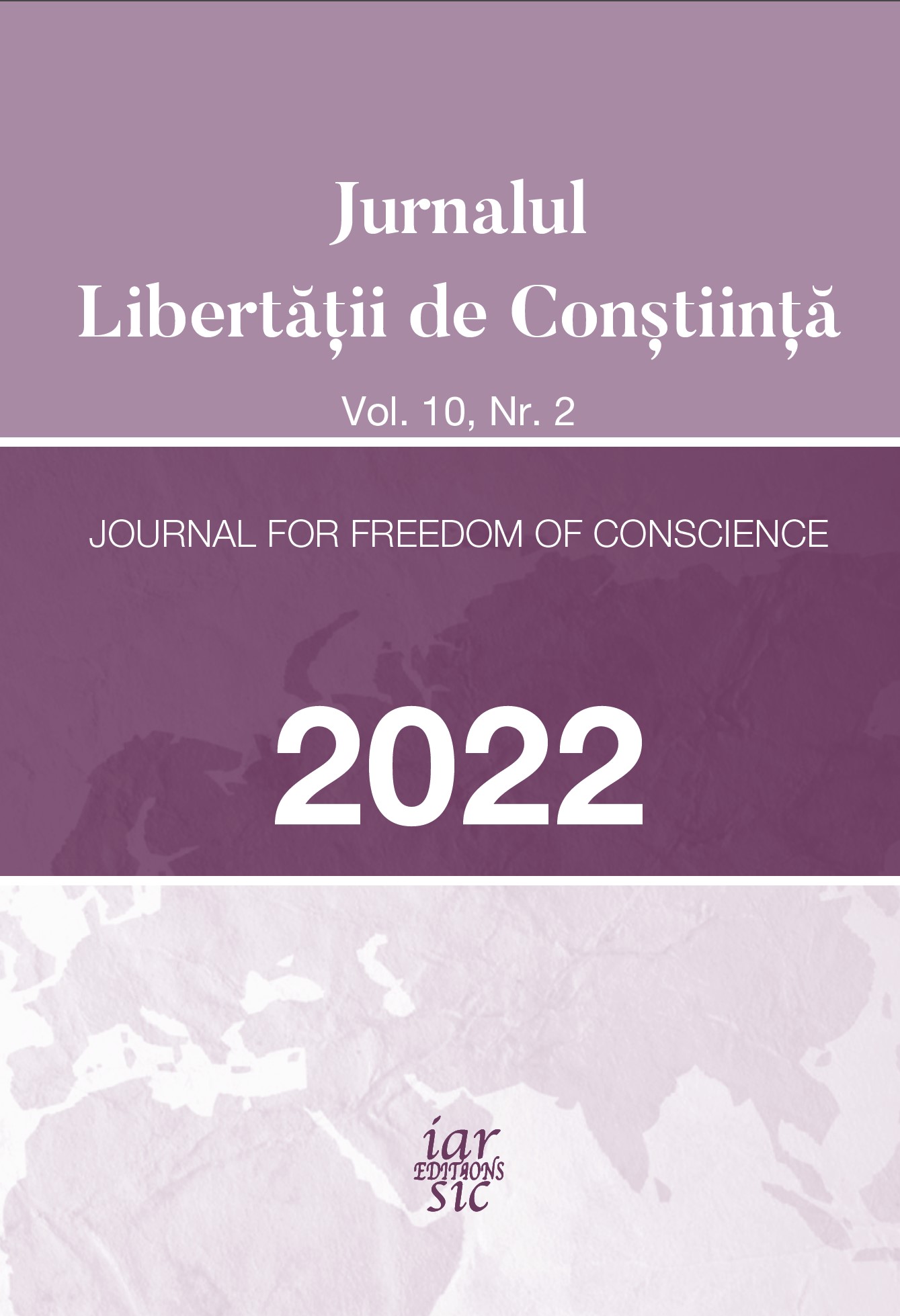DOUĂ DOCTRINE FUNDAMENTALE ALE TEOLOGIEI ANABAPTISTE ÎN SUSȚINEREA PRINCIPIULUI LIBERTĂȚII DE CONȘTIINȚĂ
The Two Fundamental Doctrines of Anabaptist Theology in Supporting the Freedom of Conscience Principle
Author(s): Alexandru IvanSubject(s): Christian Theology and Religion, 16th Century, History of Religion
Published by: Editions IARSIC
Keywords: anabaptist; freedom of conscience; discipleship; religious tolerance; Lord Supper; communitarian dimension;
Summary/Abstract: The anabaptist movement is different from the other religious movements that took place in the 16th century. Its accent put on the authority of the Scripture is key for the promotion of the freedom of conscience. Its goal was to obtain religious tolerance in times of confessional struggles. Our study is a reflection on two anabaptist doctrines which incorporate the principle of the freedom of conscience in its communitarian dimension. These two doctrines are: the doctrine of discipleship and the doctrine of Lord’s Supper. In the anabaptist understanding, the following of Christ means one voluntary decision which indicates an act of true liberty in the human conscience. After his integration in the body of Christ, the true disciple of Christ will commemorate His death and His resurrection from a symbolic perspective. From our perspective, the anabaptist point of view about the doctrine of Lord’s Supper and the doctrine of discipleship, is important for the evangelicals, because trough them, they can understand the religious freedom of conscience in its communitarian perspective.
Journal: Jurnalul Libertății de Conștiință
- Issue Year: 10/2022
- Issue No: 2
- Page Range: 419-433
- Page Count: 15
- Language: Romanian

